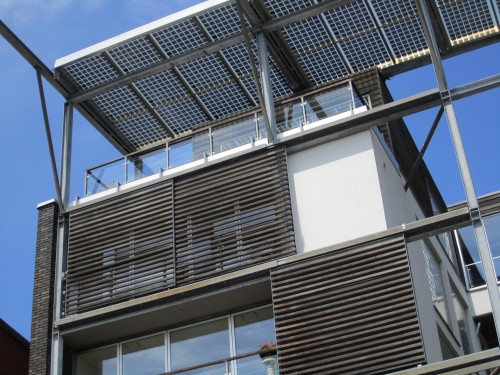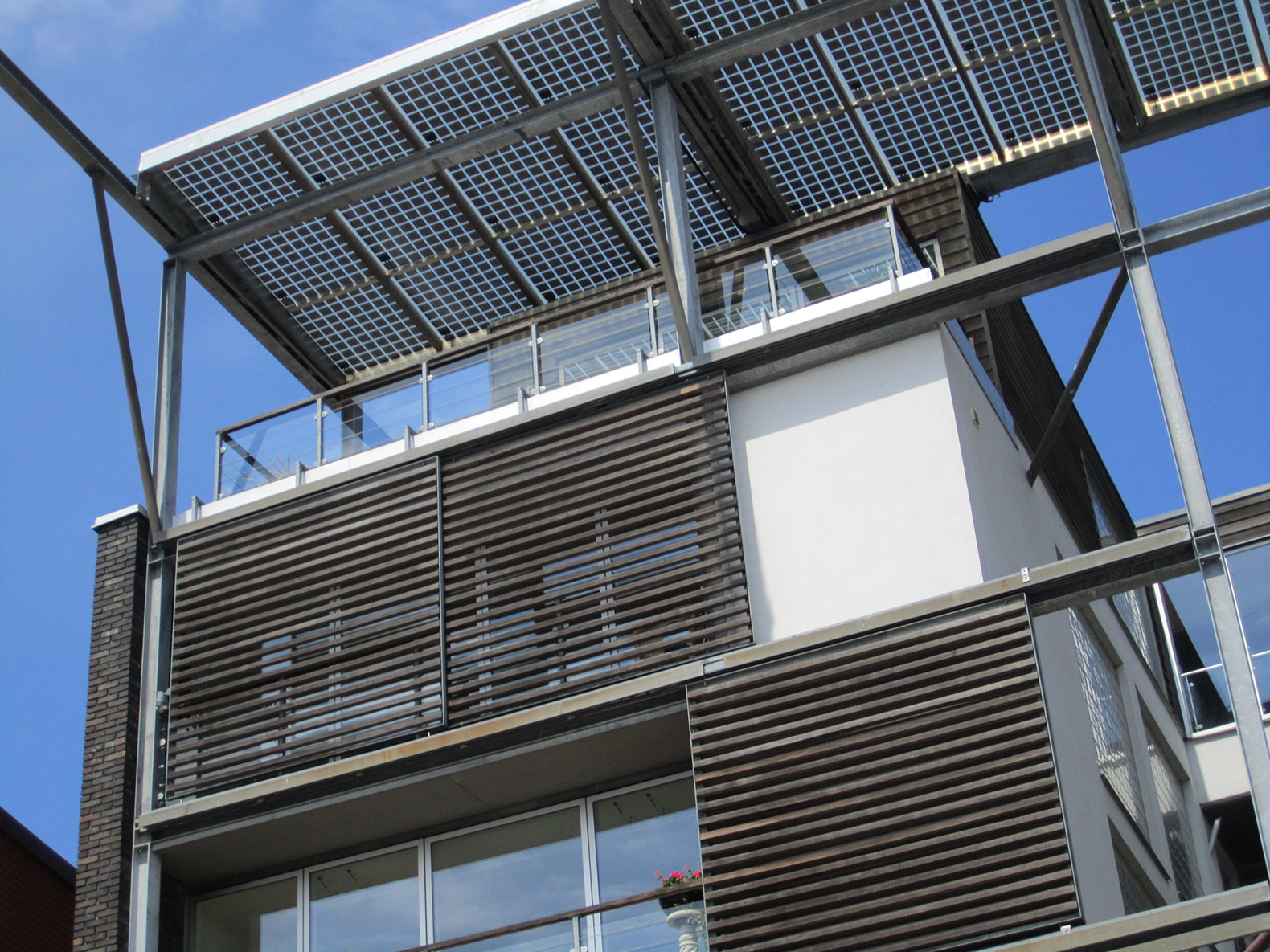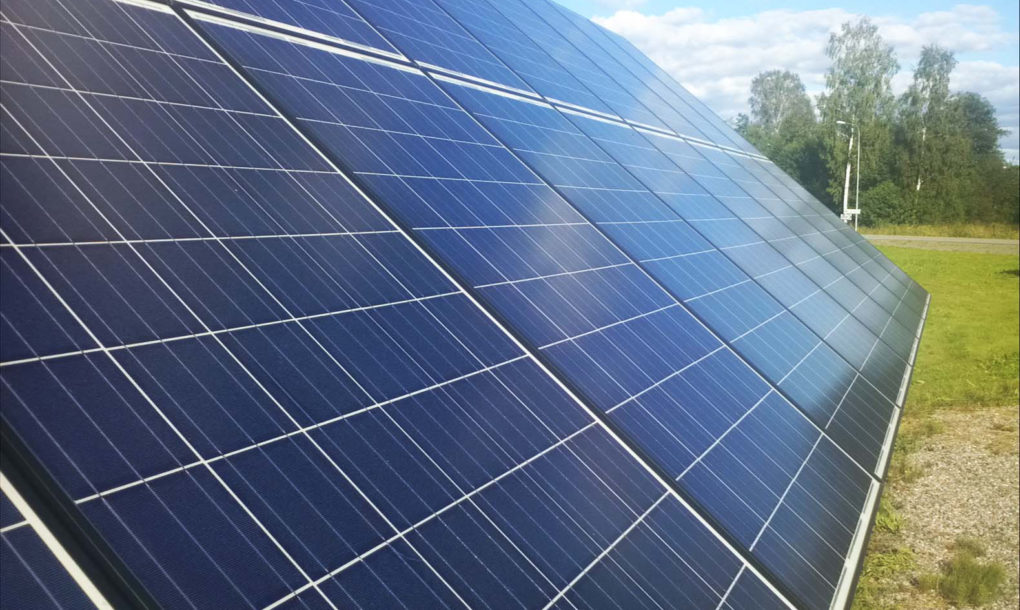RECOMMENDED VIDEOS

Micro Hydro Generator
Greenbug Energy Inc.

Cypark Resources : Portable Water Purification System Powered…
Cypark Resources Berhad

Lutron Eco-Dim: Television Commercial
Lutron Electronics Co Inc

Trina Solar : Full Range Of Solar Modules by Trina Solar
Trina Solar (Singapore) Pte Ltd

Swineline Farm Agricultural Biogas - South Africa
Capstone Turbine Corporation
Related Stories
The largest solar farm apiary in the US opens this week
The City of London will be powered with 100% renewable energy by October 2018
New study suggests that plastic waste may be transformed into usable energy
Uravu’s zero-electricity Aqua Panels produce gallons of water from thin air
104% of Portugal’s electricity consumption in March came from renewable energy
27 Dec, 2016

Sweden is cutting its tax on solar energy by 98 percent
Renewable Energy & Energy Efficiency | SWEDEN | 06 Dec, 2016
Published by : Eco Media Asia
With innovations like electric roads and zero-energy housing complexes, Sweden is usually thought of as a country at the forefront of the clean energy revolution. But when the government introduced a solar tax earlier in 2016, critics warned said the country was taking a huge step in the wrong direction. Now the government has announced plans to slash the controversial tax.


The disputed solar tax would not necessarily have hurt families with solar panels on their home roofs, but rather companies with large arrays. The tax targeted solar energy production greater than 255 kilowatts (kW). But according to Reuters, the government opposition and environmental experts disapproved of the tax, and the government is now backpedaling on the move.
Related: Sweden’s legendary ICEHOTEL taps solar power to stay open year-round
The tax can’t be completely eliminated for technical reasons, according to Reuters, but in 2017 the Swedish government will reduce the tax by 98 percent. According to Swedish publication Dina Pengar, the tax will be reduced from 29.2 cents per kilowatt hour (kWh) to 0.5 cents per kilowatt hour, and facilities generating under 255 kW will be exempt.
In a statement, Finance Minister Magdalena Andersson said, “This allows for rapid investments (in solar energy), while our long-term ambition is to completely remove the tax on solar electricity.” The government had said they originally introduced the tax to meet European Union standards, but the European Commission later said that wasn’t accurate.
According to Sweden’s official website, total installed solar capacity in the country in 2015 was 79.4 megawatts. In late October, an official said the country would likely be able to generate all its energy by 2040 with renewable sources. Just last year, Sweden was able to obtain 57 percent of their energy from renewables, including wind and hydropower.
